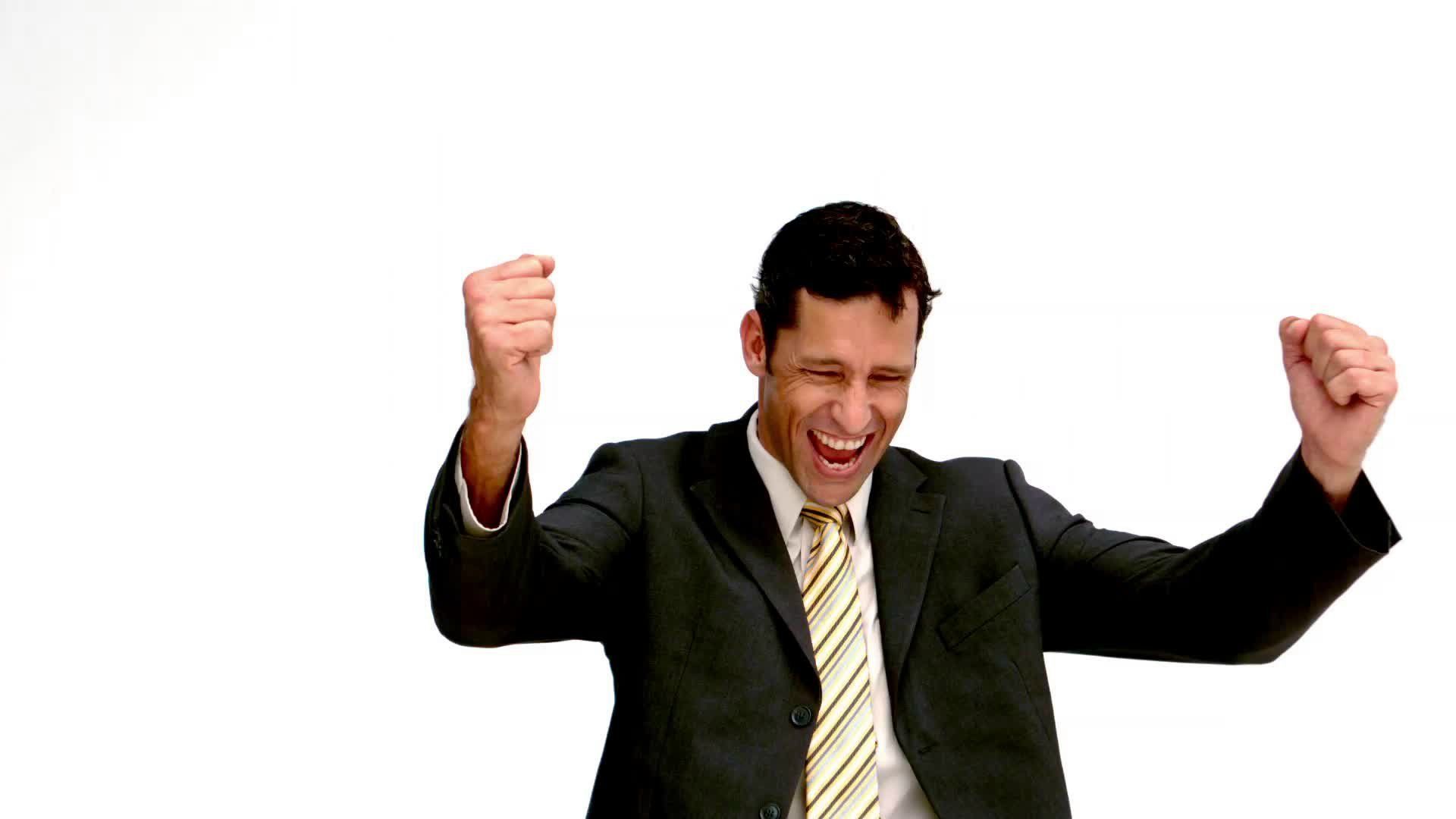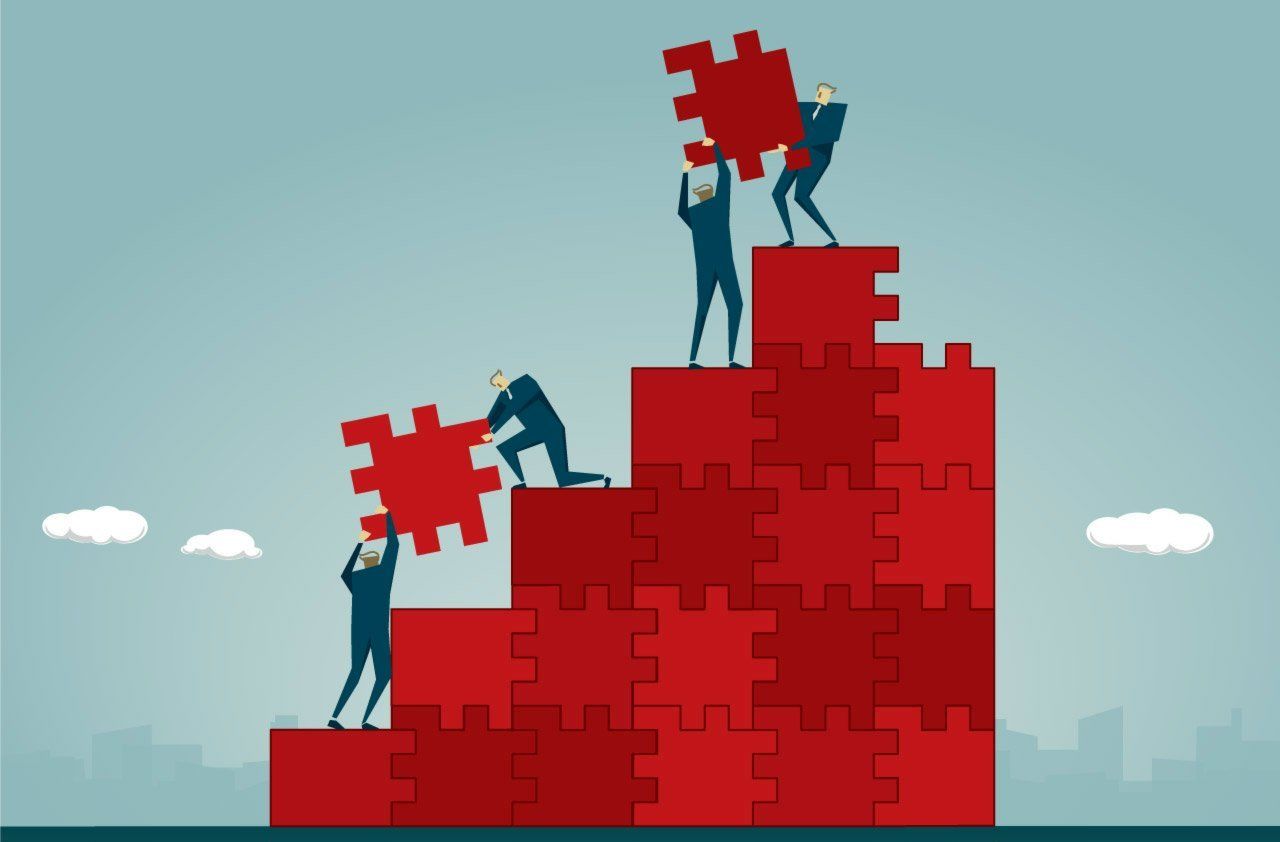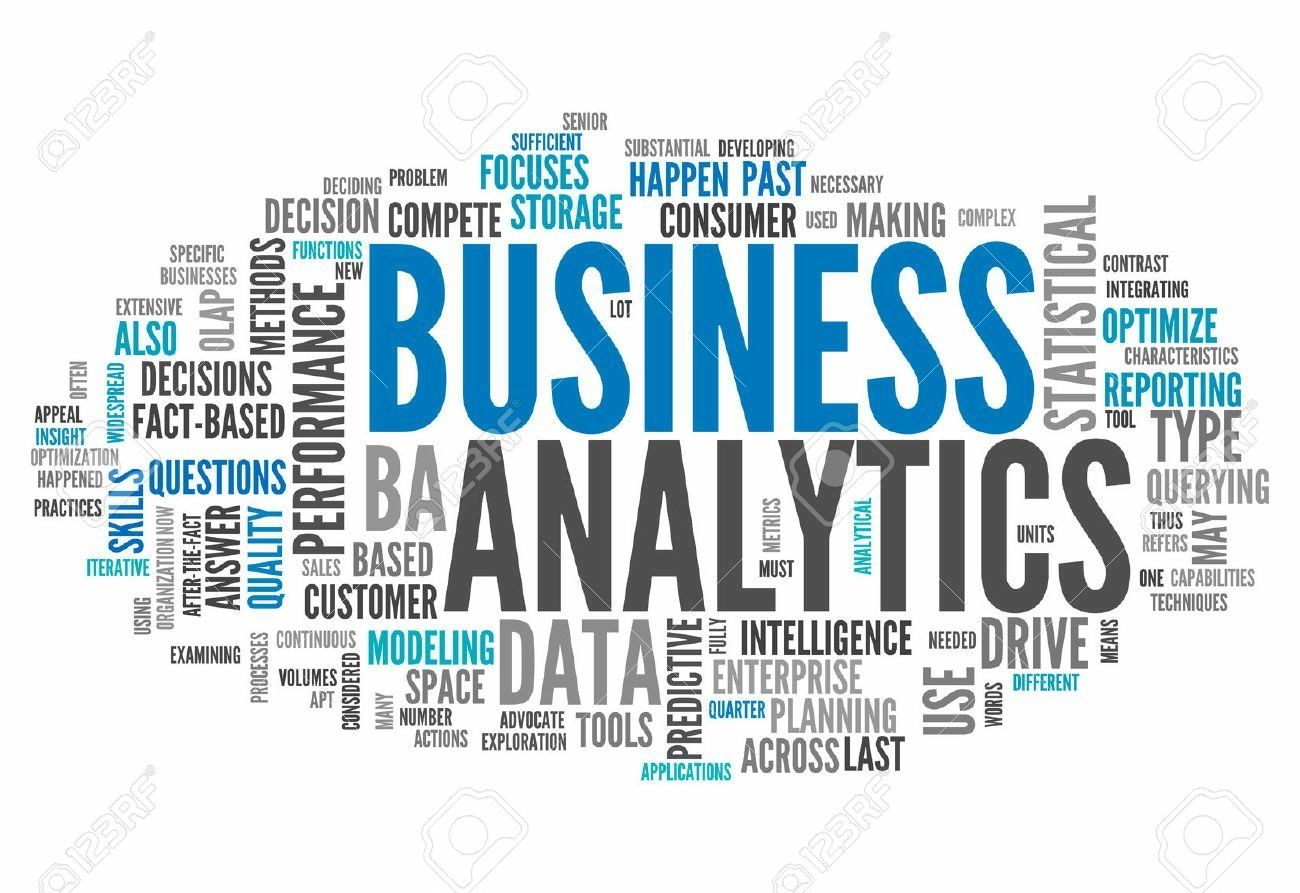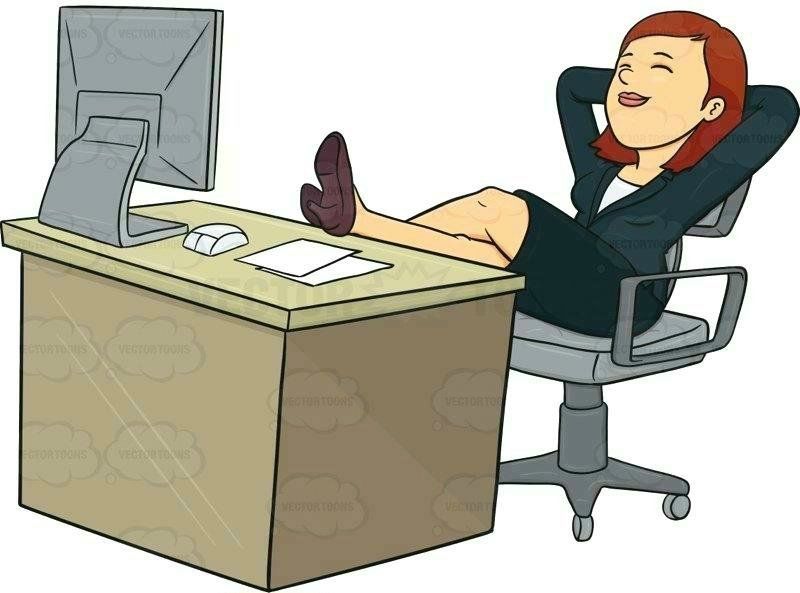The Unseen Therapy of the Small Choice in a World of Giants
The Unseen Therapy of the Small Choice in a World of Giants
How inconsequential decisions can be the bedrock of resilience in a world of overwhelming stakes.
My fingers traced the invisible seams of the ceiling tiles, counting, counting, a rhythmic tic I’d developed, I think, to quiet the insistent buzz of a brain overloaded. It had been four hours this morning, staring at health insurance summaries, each word a weighted stone, each column a potential future fraught with unforeseen costs or catastrophic gaps. Every single choice felt like it could unravel something vital. Deductibles, co-pays, in-network versus out-of-network – the sheer volume of consequential judgment was suffocating. By the time I closed the browser, the simple act of choosing seemed less a freedom and more a tax on my very being.
Decision Fatigue
Low-Stakes Practice
Mental Calibration
Later, much later, there I was, staring at a different screen, a digital table. The dealer had an upcard, a six. My hand: a hard 16. Do I hit? Or do I stand? The stakes, in any practical sense, were zero. Lose this hand, and nothing changes. Win, and the virtual chips might tick up by a paltry few points. Yet, the relief that flooded me was palpable. Here, in this sandboxed reality, I could choose. The decision felt sharp, immediate, inconsequential, and utterly liberating. This isn’t about numbing the brain, not really. It’s about exercising a muscle that, after a day of grappling







































